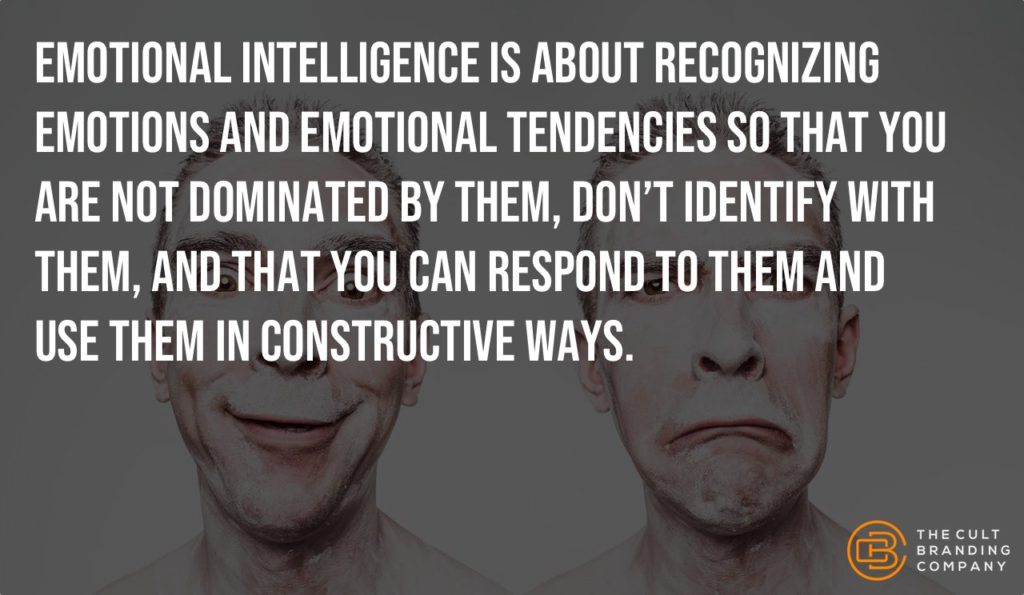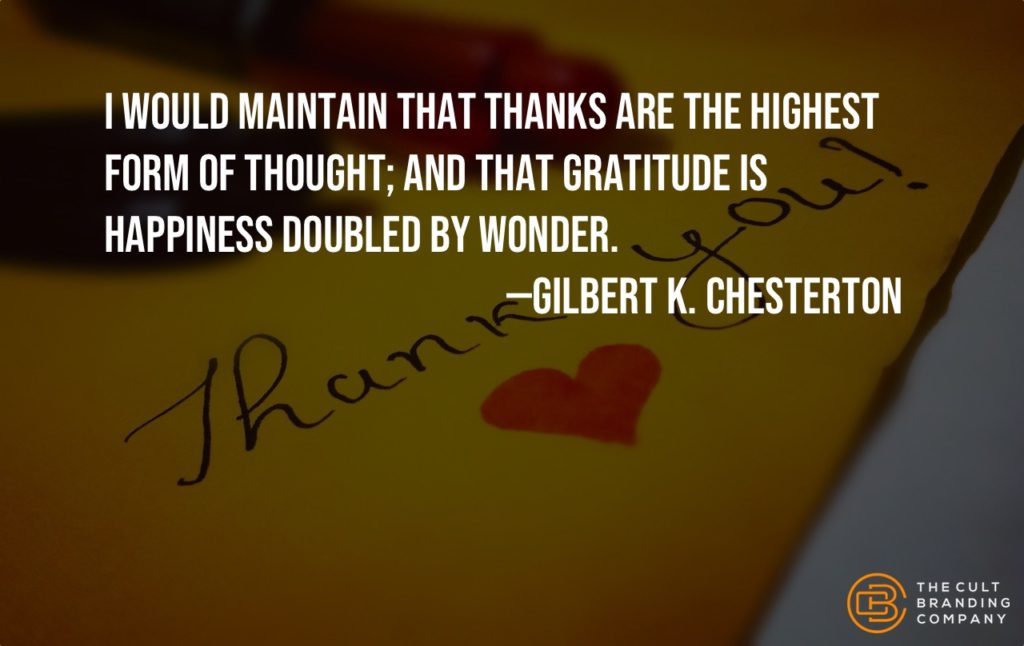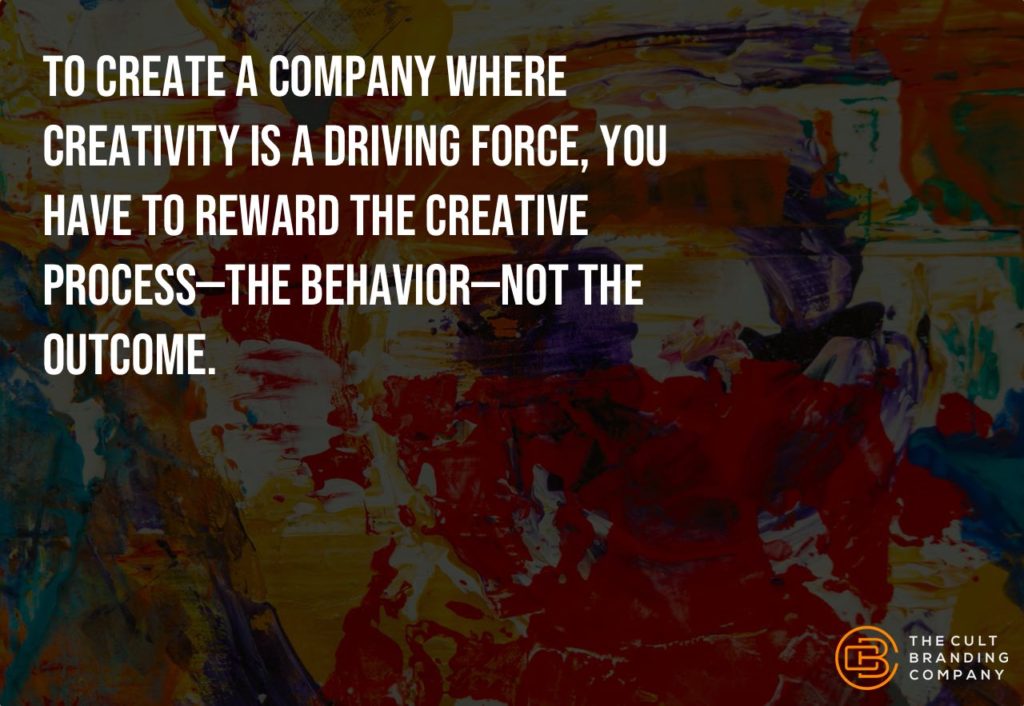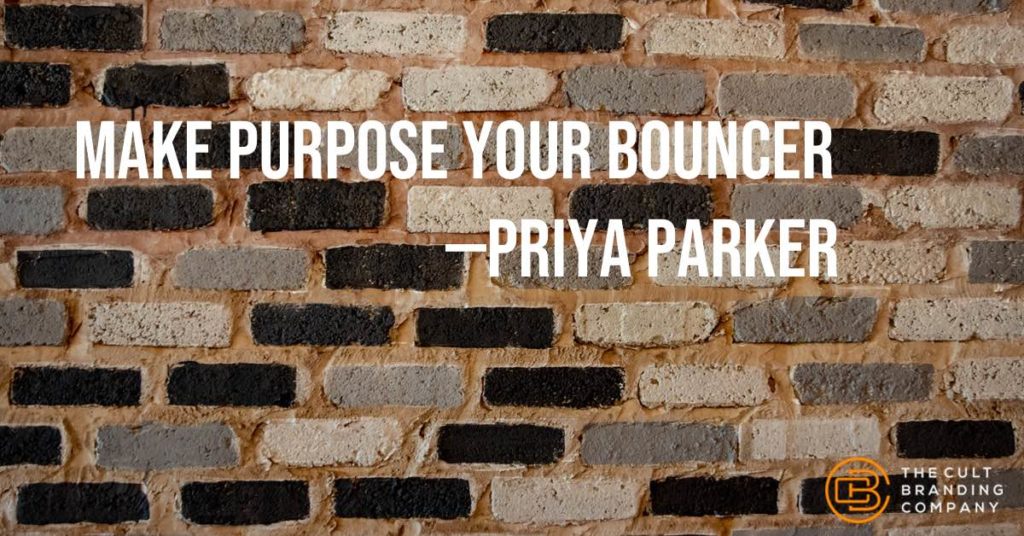Piglet: If everybody were like everybody else, how boring it would be. The things that make me different are the things that make me, me!
Eeyore: Stand tall.
Piglet: You’re in a class by yourself.
Eeyore: Be proud.
Piglet: You’re not like anyone else. No doubt about it, you’re second to none ‘cause you’re the one and only one.
Piglet and Eeyore, “You’re the One and Only One,” Winne the Pooh: Sing a Song with Pooh Bear
It often seems like companies are doing everything to try and get customers to do more.
But, when a company tries to do everything, it excels at nothing.
Since companies only have a limited number of resources, this usually involves trying to improve their category weaknesses, which inevitably draws focus away from their strengths. And, by improving their weaknesses to match the competition and focusing on winning share of mind for their improvements—and ignoring their strengths—they just end up looking a lot like the competition.
Continue Reading





